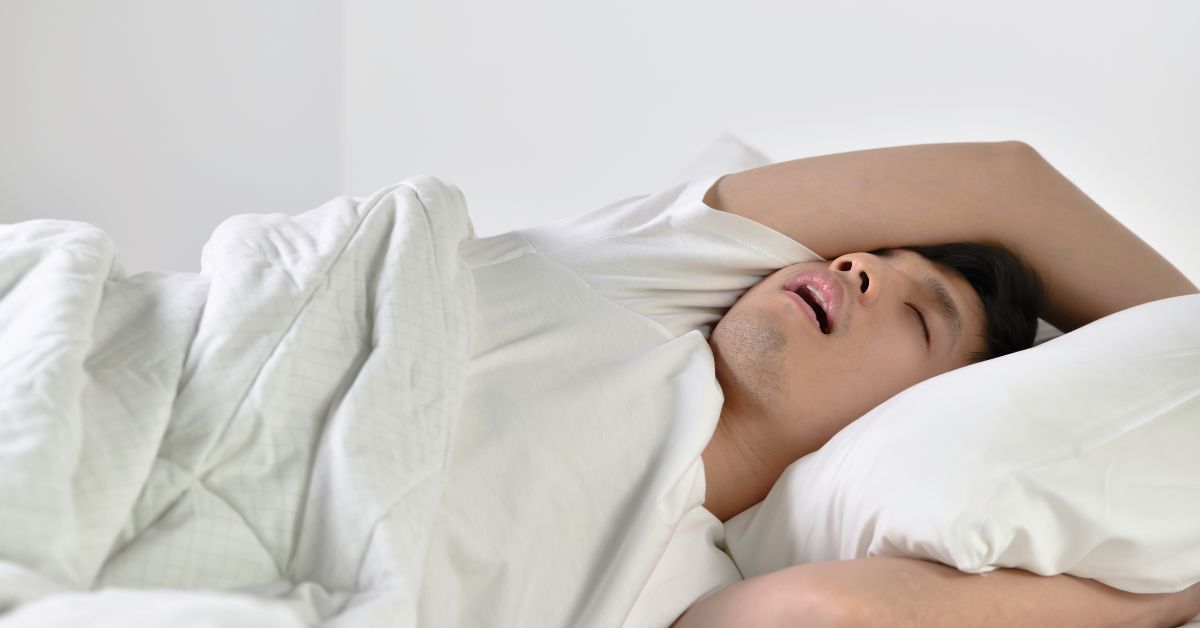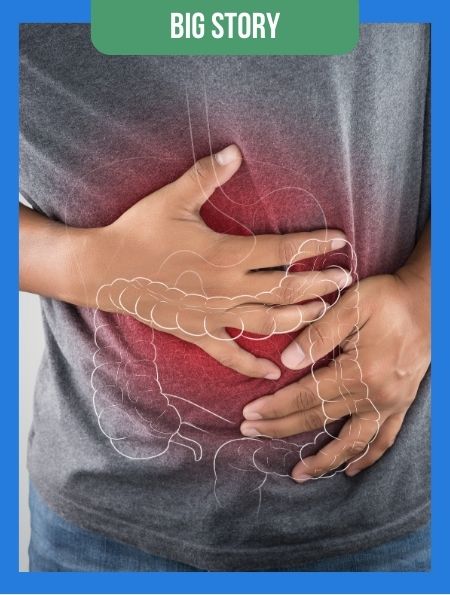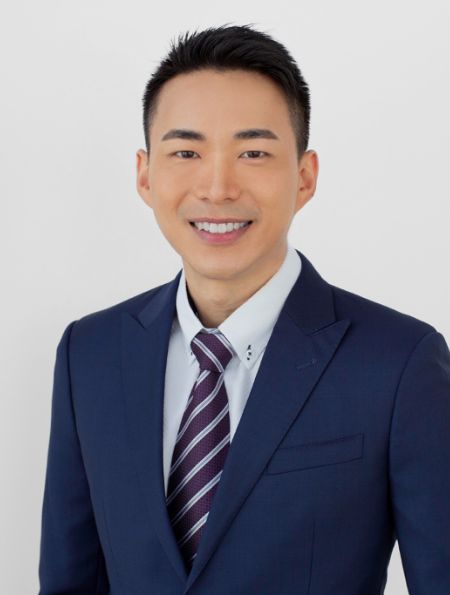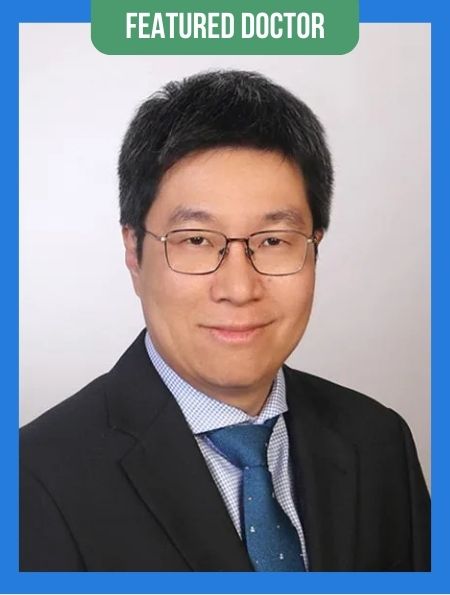Sleep apnea is a serious sleep disorder where breathing repeatedly stops and starts during sleep. It can cause loud snoring, daytime fatigue, and increase the risk of long-term health issues such as hypertension, heart disease, and diabetes.
Many people remain unaware that their symptoms may be caused by sleep apnea, often mistaking it for simple snoring or tiredness. If you or your partner experience choking or gasping sounds during sleep, it is important to seek sleep apnea treatment early.
Back to main channel: Sleep Apnea Treatment
Types of Sleep Apnea
There are three main types of sleep apnea:
- Obstructive Sleep Apnea (OSA) – The most common type, caused by a blockage in the upper airway due to relaxed throat muscles or excess tissue.
- Central Sleep Apnea (CSA) – Occurs when the brain fails to send signals to the muscles that control breathing.
- Complex Sleep Apnea Syndrome – A combination of both obstructive and central sleep apnea.
Diagnosis of Sleep Apnea in Singapore
An accurate diagnosis is the first step before any sleep apnea treatment can be recommended. In Singapore, diagnosis is typically performed by an ENT Specialist or Sleep Medicine Specialist through the following steps:
1. Medical Evaluation
Your doctor will review your symptoms, medical history, and risk factors such as obesity, nasal obstruction, or family history of sleep disorders.
2. Physical Examination
An ENT Specialist may examine the nose, throat, and oral cavity to identify any physical obstructions contributing to airway narrowing.
3. Sleep Study (Polysomnography)
This is the gold standard test for diagnosing sleep apnea. It records breathing patterns, oxygen levels, heart rate, and brain activity during sleep.
- In-lab Sleep Study: Conducted overnight at a hospital or sleep centre under supervision.
- Home Sleep Test (HST): A portable device allows patients to complete the test comfortably at home.
4. Drug-Induced Sleep Endoscopy (DISE)
In selected cases, a DISE may be performed to observe airway collapse during a sedated, sleep-like state. This helps pinpoint the exact site of obstruction for personalised treatment planning.
Sleep Apnea Treatment Options in Singapore
Once the diagnosis is confirmed, your ENT Specialist will recommend suitable treatment options based on the severity and cause of your sleep apnea. Treatments may range from lifestyle adjustments to advanced surgical procedures.
Non-Surgical Treatments
1. Lifestyle Modifications
Mild cases of sleep apnea may improve with simple lifestyle changes, such as:
- Losing excess weight to reduce airway pressure.
- Avoiding alcohol, sedatives, and smoking.
- Sleeping on the side instead of the back.
- Maintaining a regular sleep schedule.
2. Continuous Positive Airway Pressure (CPAP) Therapy
CPAP delivers steady air pressure through a mask during sleep, preventing the airway from collapsing. It is the most effective non-surgical treatment for moderate to severe OSA.
Although CPAP therapy is highly effective, some patients may find the device uncomfortable or noisy. ENT Specialists can suggest alternative solutions if CPAP intolerance occurs.
3. Oral Appliance Therapy
A customised dental device repositions the lower jaw and tongue to maintain an open airway during sleep. It is suitable for mild to moderate OSA and for patients who prefer a less intrusive option.
4. Positional Therapy
For individuals whose sleep apnea occurs mainly when lying on their back, positional therapy helps train the body to sleep on the side. This can be achieved through wearable sensors or vibration-based devices.
Surgical Treatments for Sleep Apnea
For patients who do not respond well to conservative treatment, several minimally invasive and surgical procedures are available in Singapore.
1. Radiofrequency Ablation (Soft Palate and Tongue Base)
This minimally invasive method uses controlled radiofrequency energy to shrink excess tissue in the soft palate or tongue base, improving airflow with minimal downtime.
2. Tonsillectomy
Enlarged tonsils can block airflow during sleep. Removing them through a tonsillectomy can effectively treat sleep apnea, especially in children or adults with enlarged tonsils.
3. Uvulopalatopharyngoplasty (UPPP)
UPPP involves removing excess soft tissue from the throat and soft palate to widen the airway. It is suitable for moderate to severe OSA when CPAP therapy is not tolerated.
4. Oral Tongue Channeling
This technique reshapes the tongue using radiofrequency energy or surgical tools, preventing the tongue from collapsing backward during sleep.
5. Lingual Tonsillectomy
This procedure removes enlarged lingual tonsils at the base of the tongue to improve airflow in patients with tongue-base obstruction.
6. Maxillomandibular Advancement (MMA)
MMA repositions the upper and lower jaw to enlarge the airway. It is a more extensive but effective surgery for severe OSA cases where other treatments fail.
Where To Get Sleep Apnea Treatment In Singapore
Several reputable hospitals and medical centres in Singapore provide comprehensive evaluation and treatment for sleep apnea. These include multidisciplinary sleep centres, ENT clinics, and respiratory specialists.
ENT Specialists You May Consider

Contact us for an introduction to an experienced ENT specialist who can guide you through diagnosis and treatment for sleep apnea.
Frequently Asked Questions (FAQs)
1. How is sleep apnea confirmed in Singapore?
A sleep study, or polysomnography, is an accurate test. It measures your breathing, oxygen levels, and sleep quality overnight either in a clinic or at home.
2. What is the cost of sleep apnea treatment in Singapore?
The cost varies depending on the severity, type of treatment, and hospital chosen. A consultation with an ENT Specialist can provide an accurate cost estimate.
3. Can sleep apnea go away without treatment?
Mild cases may improve with weight loss or lifestyle changes, but moderate to severe sleep apnea usually requires medical intervention to prevent long-term complications.
4. Are sleep apnea surgeries safe?
Yes, most sleep apnea surgeries in Singapore are safe and performed by qualified ENT surgeons. Minimally invasive techniques help reduce recovery time and risks.
5. Can sleep apnea affect children?
Yes, children can also develop sleep apnea, often due to enlarged tonsils or adenoids. Early diagnosis and treatment by a paediatric ENT specialist are important.
Disclaimer: 365Asia aims to provide accurate and up-to-date information, our contents do not constitute medical or any professional advice. If medical advice is required, please consult a licensed healthcare professional. Patient stories are for general reading. They are based on third-party information and have not been independently verified.





